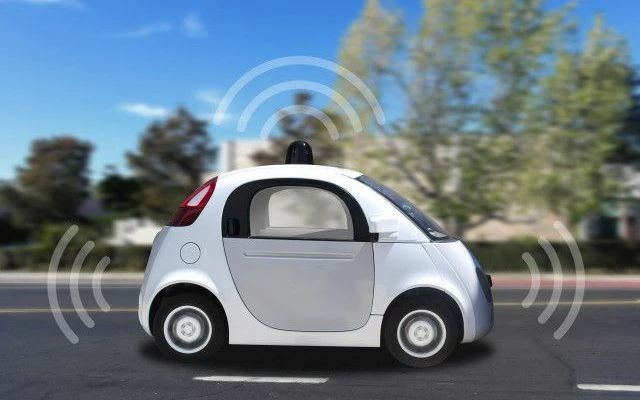
Partner Article
Driverless vehicles will unleash a new industrial revolution – but we must address legal issues first
The legal and ethical implications of driverless vehicles threaten their development, new research from Université Paris-Saclay warns.
The two main issues that self-transport vehicles face are the protection of personal data and responsibility, says Professor Mélanie Clément-Fontaine, expert on the impact of AI and data on intellectual property and digital law.
If smart and autonomous machines have the capacity to be trained and make decisions independently, it requires those involved in the development and commercialisation of self-transport vehicles to build in security and ethics at the outset.
Thereby recognising that they must be prepared to accept legal liability for the quality of the technology they produce.
“Self-transport vehicles are the robots of tomorrow. Now that humankind stands on the threshold of an era when ever more sophisticated robots, bots, androids and other manifestations of AI seem poised to unleash a new industrial revolution – which is likely to leave no stratum of society untouched – it is vitally important for legislature to consider its legal and ethical implications and effects, without stifling innovation,” says Clément-Fontaine.
When the European Union introduced the right to be forgotten earlier this year, the link between the protection of personal data and private life was strengthened. Now the development of driverless vehicles must find its way in today’s increasingly challenging legal landscape.
These findings were published in the French journal Les Objets connectés; “Self-transport vehicles in the eye of the cyclone of reforms in robotics, personnel data and civil liberty”.
This was posted in Bdaily's Members' News section by Université Paris-Saclay .








 Raising the bar to boost North East growth
Raising the bar to boost North East growth
 Navigating the messy middle of business growth
Navigating the messy middle of business growth
 We must make it easier to hire young people
We must make it easier to hire young people
 Why community-based care is key to NHS' future
Why community-based care is key to NHS' future
 Culture, confidence and creativity in the North East
Culture, confidence and creativity in the North East
 Putting in the groundwork to boost skills
Putting in the groundwork to boost skills
 £100,000 milestone drives forward STEM work
£100,000 milestone drives forward STEM work
 Restoring confidence for the economic road ahead
Restoring confidence for the economic road ahead
 Ready to scale? Buy-and-build offers opportunity
Ready to scale? Buy-and-build offers opportunity
 When will our regional economy grow?
When will our regional economy grow?
 Creating a thriving North East construction sector
Creating a thriving North East construction sector
 Why investors are still backing the North East
Why investors are still backing the North East